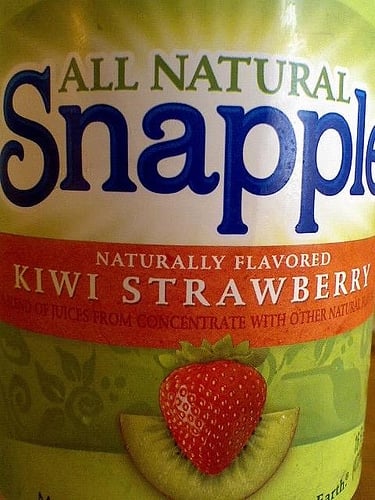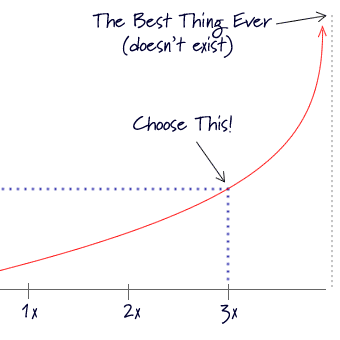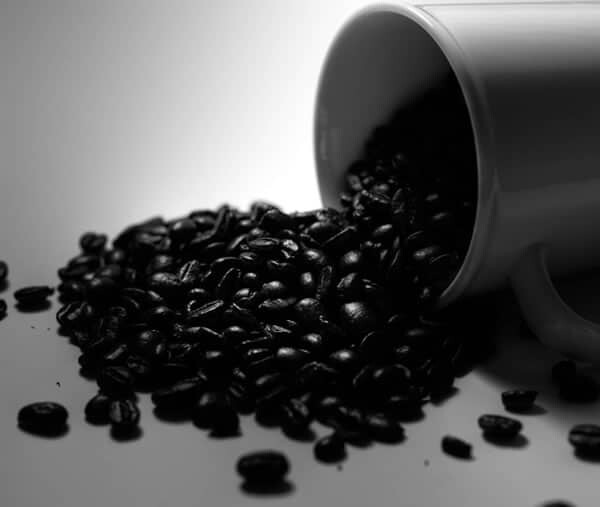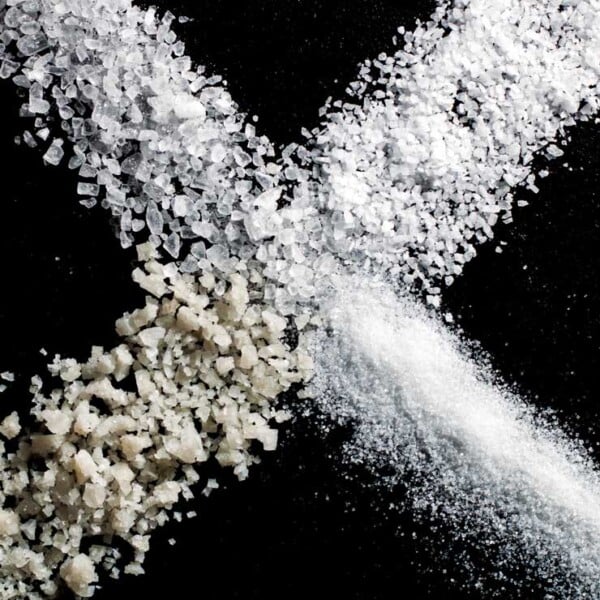“Natural” is meaningless
Last Updated February 28, 2016 · First Published May 5, 2010

Snapple’s Kiwi-Strawberry “Juice Drink” is prominently marketed as being “All Natural,” with realistic pictures of fruit on the front. Yet it contains only 5% juice, and the rest is mostly filtered water and sugar (one bottle, or two servings, contains 56g of sugar, on par with just about any other soda.) Is that really “Natural?”
When there are no concrete legal requirements, you can bet that the food industry will manipulate that wiggle room to their fullest advantage. (And why wouldn’t they? Business is business, and business must grow!)
“Natural” is an essentially meaningless, largely unregulated term in the food industry.
Answers.com has a good article on natural foods – here’s an excerpt (emphasis added):
A term widely used but with little meaning and sometimes misleading since all foods come from natural sources. No legal definition seems possible but guidelines suggest the term should be applied only to single foods that have been subjected only to mild processing, i.e. largely by physical methods such as heating, concentrating, freezing, etc., but not chemically or ‘severely’ processed.
Lots of wiggle room, indeed.
There is one notable exception: “Natural Flavoring” does have a specific definition (more on this in a future post).
Also, “Natural” is not synonymous with “Organic,” which must fulfill certain requirements. (more on this soon, too).
I’m not saying that you shouldn’t enjoy “natural foods” (whatever your definition of that may be). For sure, foods that have be subjected only to “mild” processing are potentially healthier than foods that have been “severely” processed.
But if it’s a claim made on the front of the package, be skeptical. Although the claims must be factually incorrect, they can easily be misleading or functionally irrelevant.
You’d be much better off to ignore everything on the front of the package, read the nutrition label and ingredients list, and make your determination from there.
Further Reading:
Nielsen Report: “Natural” Beats “Organic” in Food Sales
Center for the Science in the Public Interest’s Report on Food Labeling Chaos (PDF)
New York Times Editorial pushing for Honest Food Labels
Huffington Posts’s Nine Most Misleading Food Labels (“All Natural” is at the top of their list)
—
Photo by jannygirl.




















If the best thing a food product has to say on its label is “Natural” that’s my first clue to avoid it. I don’t even need to check the back.
Maybe it’s because we’re taking a nutrition class but I really do feel like nutrition will become a very big issue in the next century. I really wonder what the impact of this will be on all our food labels and appearances. It is amazing that the food industry has allowed so many products to paste such blatant lies for so long.
As Suzanne would say, “Nutrition is hot right now!”… I do think there’s some building momentum, as more consumers are becoming aware that what they put into their bodies really does make a difference. It seems we’re near a tipping point…